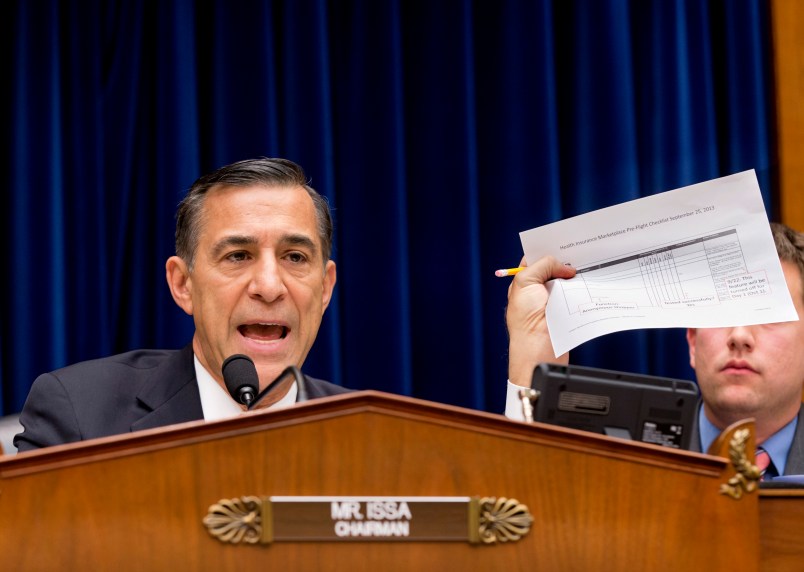Beyond shopping and parties, the holiday season is a time for reflection, so let’s consider the contemporary meaning of the values we say we espouse. Rabbis urge Jewish Americans to ponder tikkun olam, the duty to heal the world; and Christians crowd churches to celebrate the birth of a blessed baby in a manger. As poor travelers far from home, Mary and Joseph found no room at the inn. When her time inexorably came, the baby Jesus was born in a manger.
For Americans the Christmas story has a romantic, far-away ring. But are all of us, especially the most privileged among us, giving any serious thought to today’s equivalents of the holy family? From the misplaced focus and heartless tone of our current debates about America’s new health reforms, it seems not.
With its core provisions poised to go into full force, the Affordable Care health reform is about to open the doors of the U.S. health care inn to tens of millions of Americans who have previously been excluded from health insurance. Millions will get new Medicaid coverage and tens of millions more will have generous subsidies to buy new private insurance plans. This should be a cause for joy, yet television and newspapers are full of stories about the minor worries and slight new burdens the new Affordable Care reforms supposedly place on business owners and relatively wealthy families.
We hear anecdotes about shifts that were happening anyway that are now blamed on health reform – about businesses dropping employees from health insurance or raising employee co-pays; about this or that comparatively high-income family supposedly worried about changes in individual-market coverage or slightly higher premiums. Millionaire politicians whose families enjoy excellent taxpayer-funded health insurance angrily denounce the expansion of Medicaid or new subsidies to help lower-income Americans buy health insurance. Beyond calling for repeal of Affordable Care, these extremists propose to gut Medicare and Medicaid, kicking old, poor, and disabled Americans off longstanding programs. Not only do they want to slam the door to the inn, it seems; they want to charge the poor to use the stable!
In today’s world, if Joseph worked as a carpenter on his own or for a small employer while Mary worked as a home health care aide, they likely would not have employer coverage or be able to afford an individual market policy. Such people, usually hard workers of modest means, avoid going to the doctor or the hospital. And if accidents happen or health problems suddenly arise, even normal life events like pregnancy and birth, they can be hit with huge, unaffordable bills. At modern America’s capacious health care inn, there often is little room or welcome for them.
Shamefully for a nation that celebrates democracy and equal opportunity, the United States has long put the greatest burdens of high costs and exclusion from the security of health insurance on working-aged lower- and lower-middle income working women and men and their children. Meanwhile, upper-middle-class and wealthy Americans enjoy comprehensive coverage generously subsidized by all U.S. taxpayers. In Judea two millennia ago, Mary and Joseph were traveling to register for taxes; their counterparts today would pay into federal government coffers from which costly subsidies for the privileged profusely flow.
As the Affordable Care Act goes into full force starting in 2014, it is poised to provide substantial new help to the Marys and Josephs of the contemporary United States. But will America’s self-entitled privileged, posturing politicians, and controversy-mongering media let this much-need reform go forward? Will privileged Americans finally stop the endless whining about tiny sacrifices they might be asked to make and make room at the inn for all of our people?
Theda Skocpol is the Victor S. Thomas Professor of Government and Sociology at Harvard University, and the director of the Scholars Strategy Network. With Lawrence R. Jacobs, she is the author of Health Reform and American Politics: What Everyone Needs to Know (Oxford University Press).






